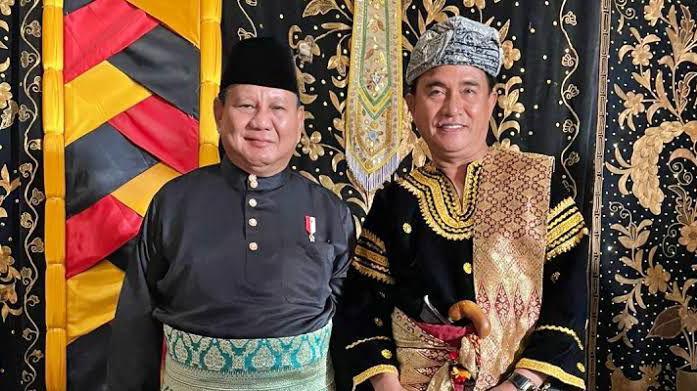The Free Health Check in Schools program (CKG Sekolah) was officially launched on Monday, August 4, 2025, in 12 schools across Jakarta. The program rollout saw enthusiastic participation from students as Fritz Edward Siregar, Deputy for Information Coordination at the Presidential Communication Office, emphasized its importance in building Indonesia’s golden generation. CKG Sekolah is part of the broader Free Health Check (CKG) program that kicked off in February 2025 as a key priority under President Prabowo Subianto’s Fast Results for the Best Outcomes initiative.
During the launch event at Madrasah Ibtidaiyah Negeri (MIN) 8 in South Jakarta, Fritz highlighted the government’s long-term commitment to ensuring the wellbeing of children in schools. He noted that the program initially started with health checks at community health centers, but it has now expanded to include schools at all levels. This proactive approach is in line with President Prabowo’s vision of holistic healthcare for all Indonesians.
Presidential Chief of Staff, Lieutenant General (Ret.) Anto Mukti Putranto, stressed the vital role parents play in encouraging their children to participate in the health checks. With 617 students at MIN 8 South Jakarta alone benefiting from the program, 13 types of health screenings are provided for primary school students, covering various aspects of their health and wellbeing.
Launched as part of the Fast Results for the Best Outcomes agenda, the CKG program aims to transform the national healthcare system by focusing on preventive and promotive care. By offering free health checks to at least 60 million beneficiaries annually, the government hopes to gradually expand the program to benefit the entire Indonesian population.
CKG services are accessible through various healthcare facilities and digitally integrated platforms, such as the SATUSEHAT Mobile app and the Ministry of Health’s official WhatsApp channel. With over 15 million people already benefiting from the program as of July 30, 2025, CKG has extended its reach to include elementary to high school students across schools and madrasahs nationwide.
In conclusion, the CKG Sekolah program represents a significant step towards prioritizing the health and wellbeing of the younger generation in Indonesia and fostering a culture of preventive healthcare. Parents, educators, and policymakers alike play a crucial role in ensuring the success and sustainability of this vital initiative.



